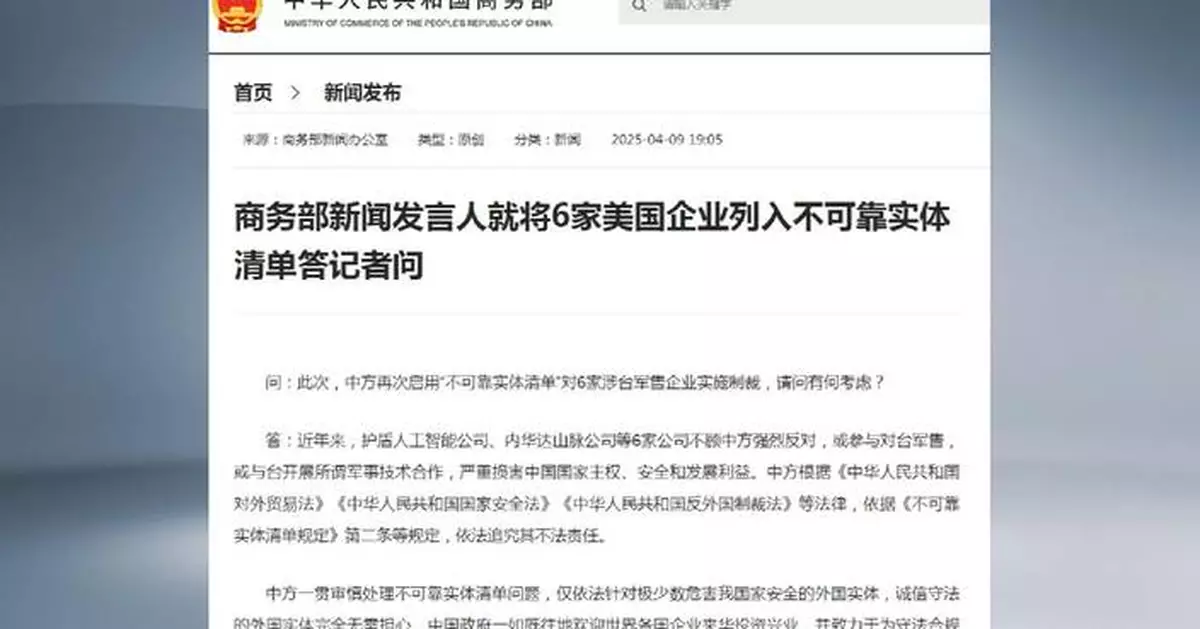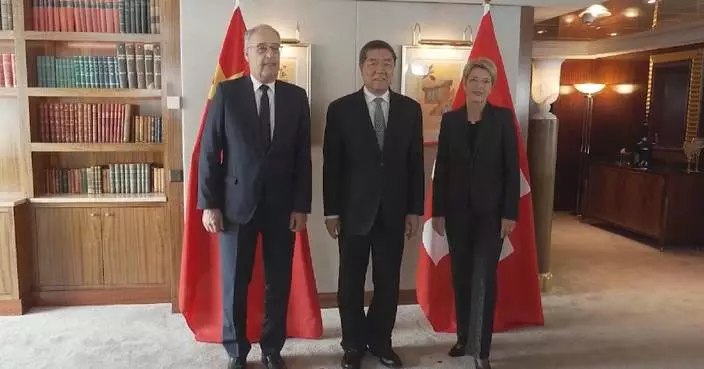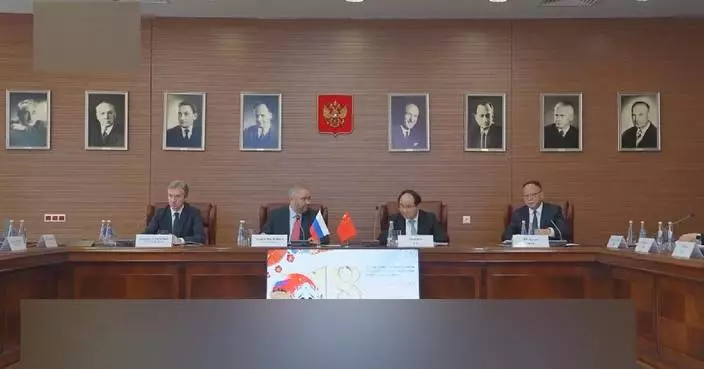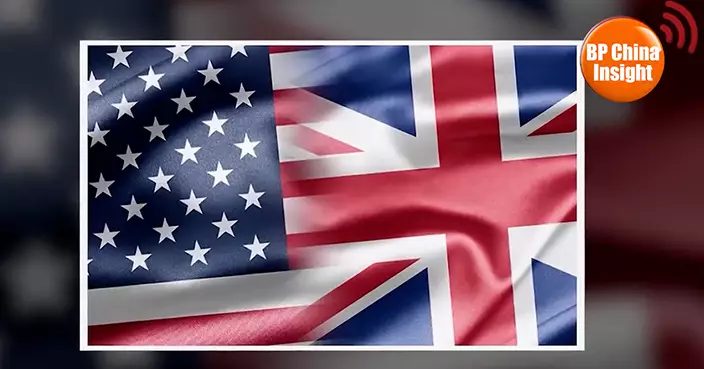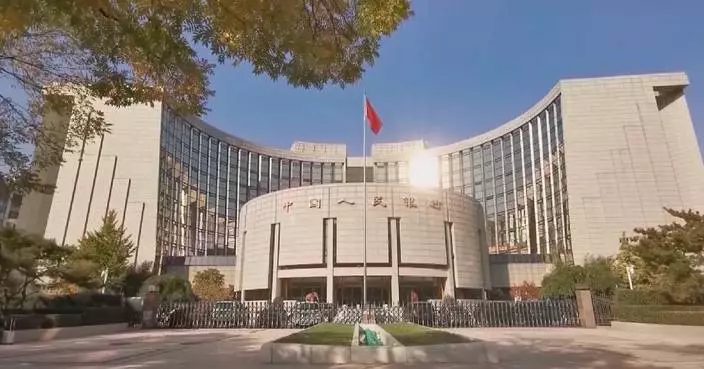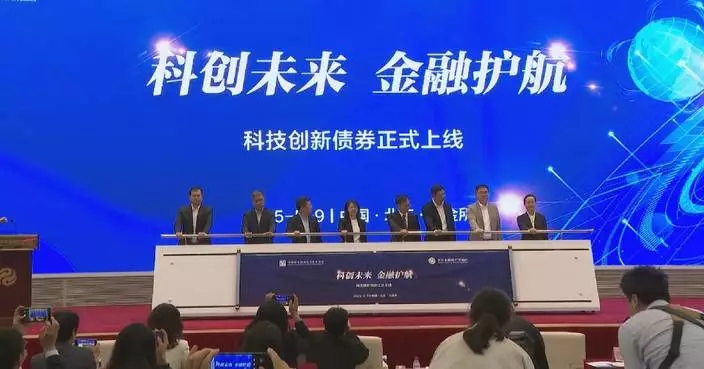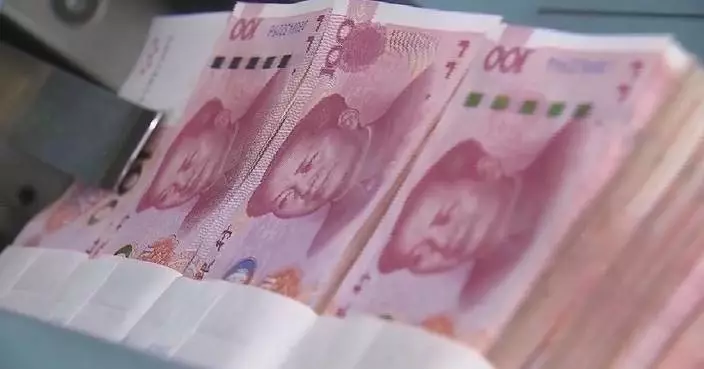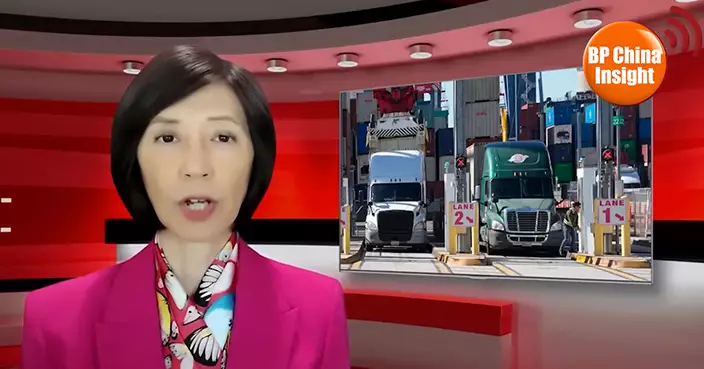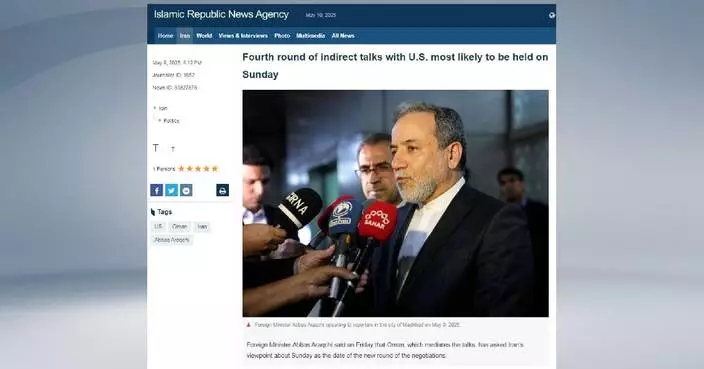China has added six U.S. firms to its unreliable entity list, the Ministry of Commerce (MOC) announced on Wednesday.
The six entities are Shield AI, Inc., Sierra Nevada Corporation, Cyberlux Corporation, Edge Autonomy Operations LLC, Group W, and Hudson Technologies Co.
According to the announcement, the six companies are prohibited from engaging in any import or export activities related to China, nor are they allowed to make any new investments in China.
The measures will take effect from 12:01 Beijing Time on April 10.
The MOC said the decision was made in accordance with relevant Chinese laws, including the Foreign Trade Law, the State Security Law, and the Anti-Foreign Sanctions Law.
A MOC spokesperson said these companies, in disregard of strong opposition from China, have in recent years either participated in arms sales to Taiwan or engaged in so-called military technology cooperation with Taiwan, seriously undermining China's national sovereignty, security and development interests.
China has always handled issues related to its unreliable entity list prudently, and only targets the very few foreign entities that undermine China's national security, the spokesperson said.
For the honest and law-abiding foreign entities, there is nothing for them to worry about, said the spokesperson.
The Chinese government, as always, welcomes companies from all countries to invest and operate in China, and is committed to providing a stable, fair and predictable business environment for foreign enterprises that operate in China in accordance with laws and regulations, said the spokesperson.
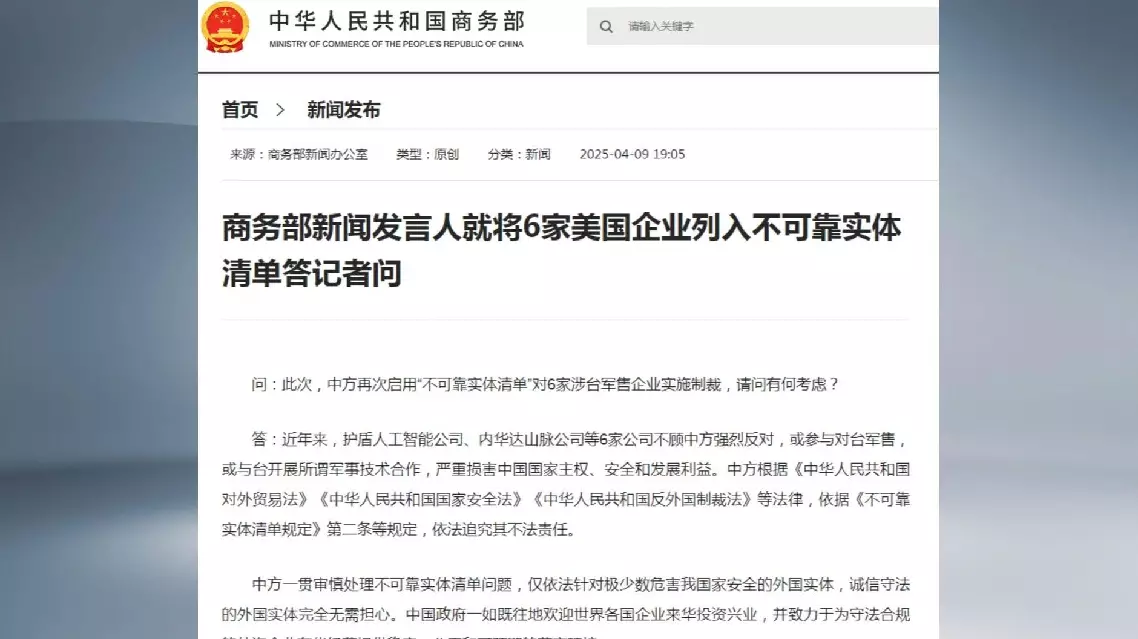
China adds 6 US firms to unreliable entity list
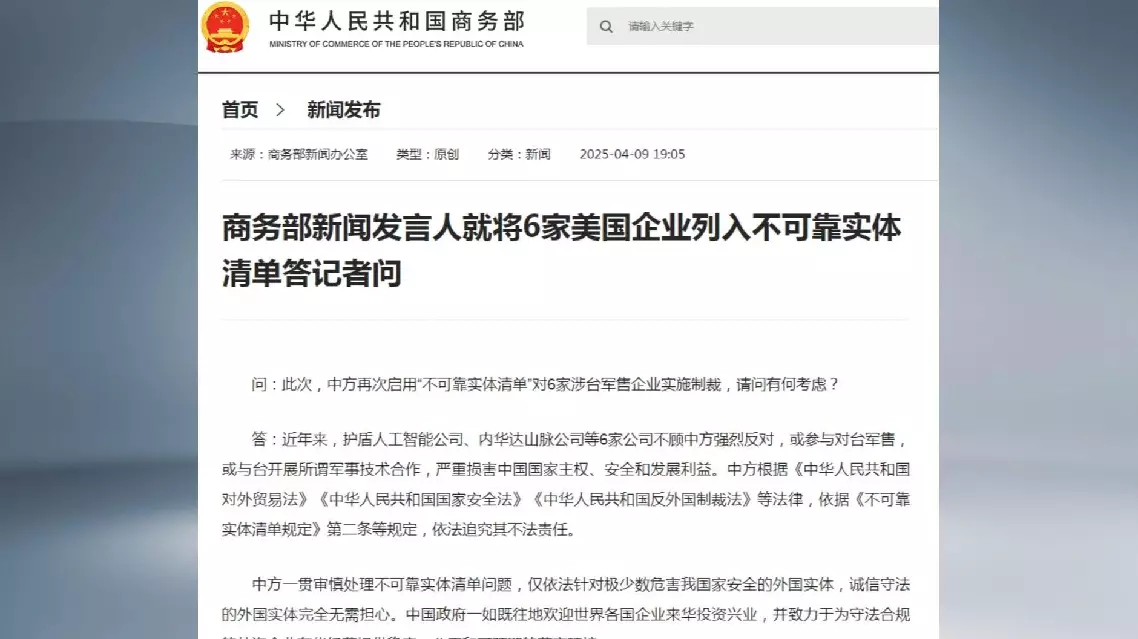
China adds 6 US firms to unreliable entity list
Experts have denounced U.S.-initiated trade wars for their detrimental impact on the Global South, while applauding China's resolute stance for revitalizing momentum and restoring confidence in global trade.
Speaking with China Global Television Network (CGTN), experts delved into the far-reaching consequences of U.S. tariff policies on developing countries, highlighting China's decisive actions as a counterbalance to U.S. President Donald Trump's trade approach.
Yazini April, executive director of the Global South-North Centre, warned that the suffering of Global South countries amid global tariff tensions has been largely ignored.
"In terms of what the impact is in the Global South. I think that the challenge also is that the focus of the tariffs has really been on countries like Canada, the EU, the pushback with those countries. So you have your Global South countries kind of left out of the whole discussion. And they say when the elephants fight, the grass suffers. So they have been the grass suffering," she said.
Sudheendra Kulkarni, former director of operations in the Indian Prime Minister's Office, emphasized China's pivotal role amid global trade tensions and praised its firm pushback against the U.S.'s unjust tariff measures.
"It is an act of bullying. The countries around the world can be categorized in three categories, those who bully, those who get bullied and those who refuse to get bullied. Trump belongs to the first category, the country that bullies, and China belongs to the third category, a country that refuses to get bullied. And it's because China has stood up that you see how quickly Trump has tried to change his own stance. 90-day pause for tariffs on all the countries in the world. It happened only because China stood up," said Kulkarni.
Echoing Kulkarni's view, Muneer Kamal, secretary general and chief executive officer of the Pakistan Banks Association, highlighted that China's confidence stems from its growing self-reliance in technology.
"China is part of those countries would refuse to get bullied and there are good reasons why China today refuses to. Number one, Mr. Kulkarni also highlighted this, China today, maybe 10 years back it was a different story, but China of today does not depend on technology stack of United States of America. Every other country is, not China, they have covered the gap and they are doing very well. And because of this technology gap is not there between China. They can afford to play this game with a lot of confidence," Kamal said.
Looking ahead, Einar Tangen, a senior fellow at the Taihe Institute, urged nations to move beyond division and embrace shared values rooted in rational cooperation.
"It's not about creating entrenched interest, south versus north. That's how we got into these problems. 600 years of colonialism where they said we're superior and you simply bow to our needs. We need to go back to some sort of rationality where civilization, as opposed to empire values, are in fact put in place," he said.
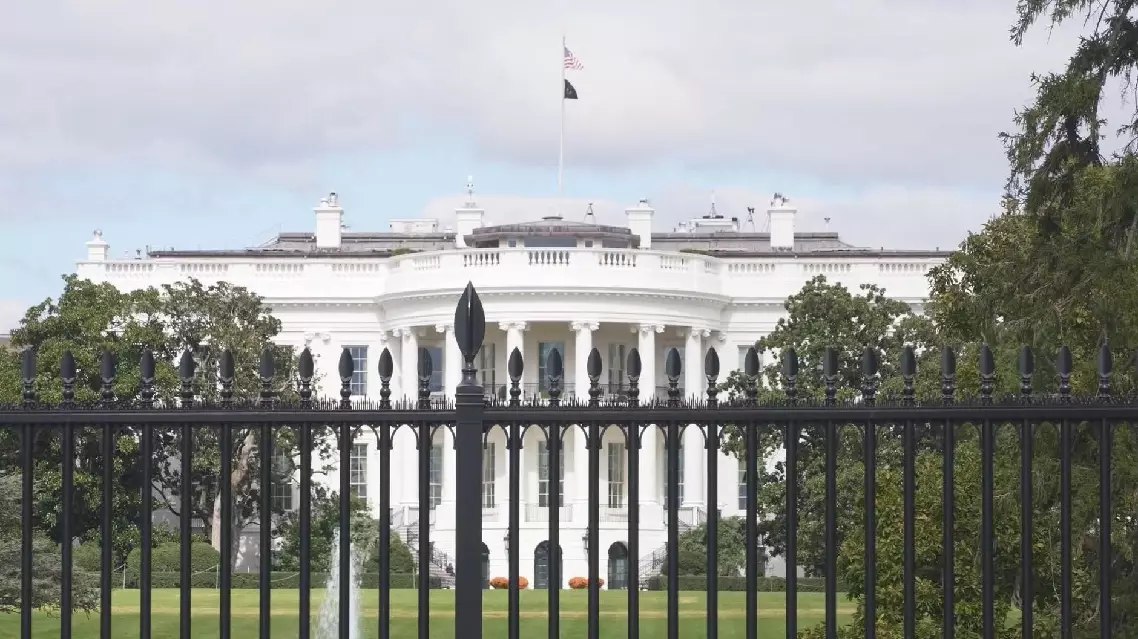
China's firm stand against US tariffs inspires confidence in Global South: experts




